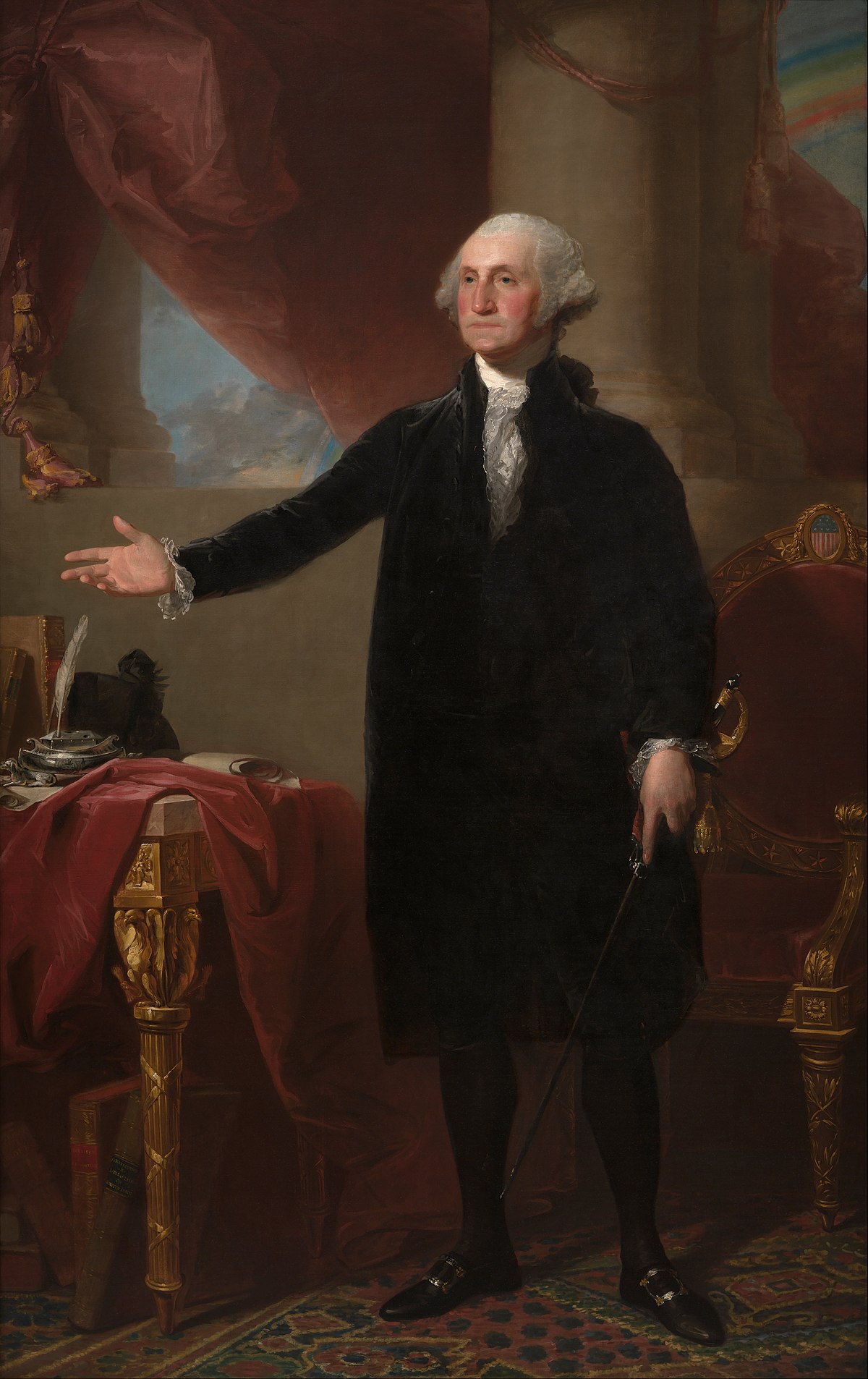
George Washington's Farewell Address
United StatesIn 1796, Washington declined to run for a third term of office, believing his death in office would create an image of a lifetime appointment. His retirement established a precedent for a two-term limit on the U.S. presidency. In May 1792, in anticipation of his retirement, Washington instructed James Madison to prepare a "valedictory address", an initial draft of which was entitled the "Farewell Address". In May 1796, Washington sent the manuscript to his Secretary of Treasury Alexander Hamilton who did an extensive rewrite, while Washington provided final edits. On September 19, 1796, David Claypoole's American Daily Advertiser published the final version of the address.
Washington stressed that national identity was paramount, while a united America would safeguard freedom and prosperity. He warned the nation of three eminent dangers: regionalism, partisanship, and foreign entanglements, and said the "name of AMERICAN, which belongs to you, in your national capacity, must always exalt the just pride of patriotism, more than any appellation derived from local discriminations." Washington called for men to move beyond partisanship for the common good, stressing that the United States must concentrate on its own interests. He warned against foreign alliances and their influence in domestic affairs, and bitter partisanship and the dangers of political parties. He counseled friendship and commerce with all nations, but advised against involvement in European wars. He stressed the importance of religion, asserting that "religion and morality are indispensable supports" in a republic. Washington's address favored Hamilton's Federalist ideology and economic policies.
After initial publication, many Republicans, including Madison, criticized the Address and believed it was an anti-French campaign document. Madison believed Washington was strongly pro-British. Madison also was suspicious of who authored the Address.
